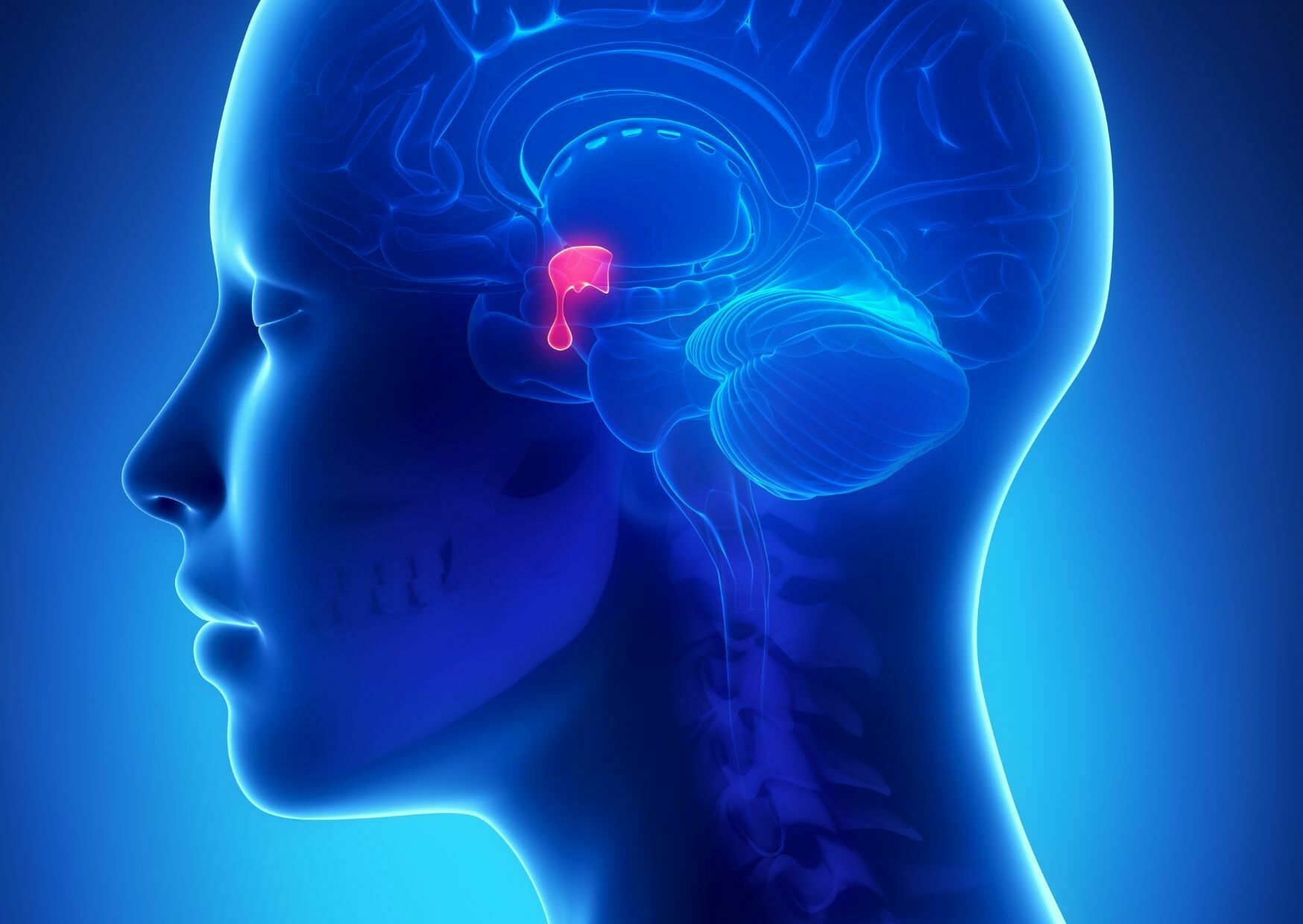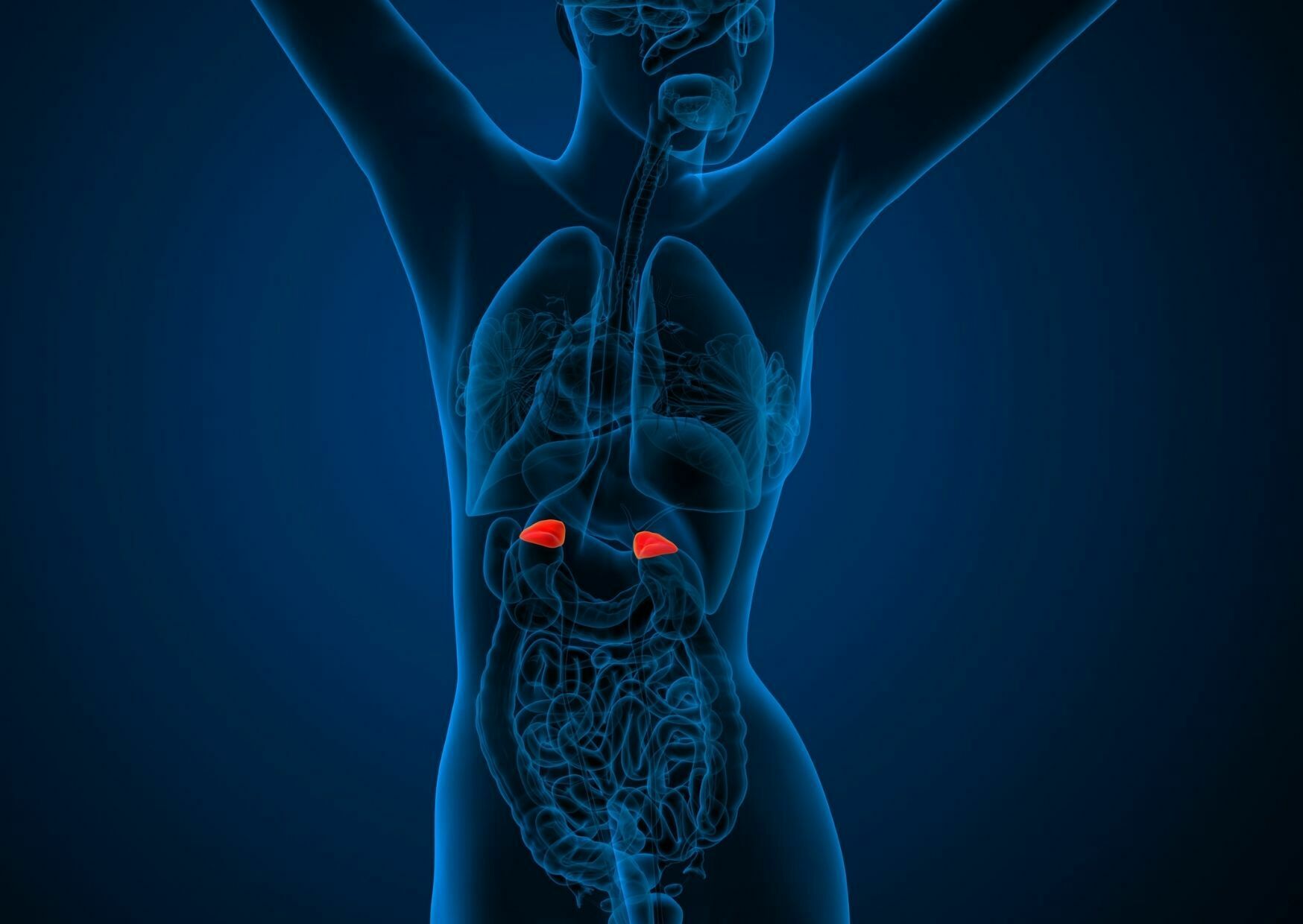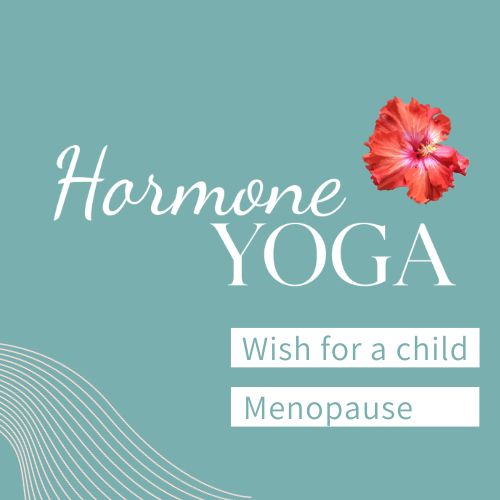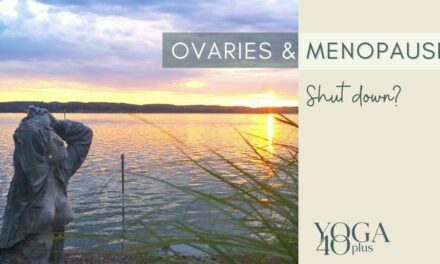What causes menopause symptoms and how to get rid of them?
“Menopause is killing me” I often hear, followed by “when will menopause symptoms go away?”. Do you wonder how menopause affects a woman’s hormonal levels and what relieves menopause symptoms?
I was standing in front of 20 customers and illustrating the beauty of Madeira island on the map in my hands. When I realise drops pouring on the map – all the way from my face. Gosh, a hot flash when I needed it the least – do we ever need a sweating and red face?
What the hell is happening in our body during menopause? Why do hormones put our life upside down and what helps menopause symptoms?
Table of Contents
How Menopause affects the body
We are driven by our hormones from around the age of 9. The body starts taking clearly female shapes, the first periods, mood jumps. The hormone production increases steadily with a peak somewhere in our 30ies and then slowly decreases, we’re maybe even not realising that something is changing deep inside. At the menopause symptoms age of 50 (which can vary), the reproduction system stops its activity, levels of female hormones shrink naturally and we ask ourselves what else will diminish, how menopause affects the body.

Pictures all at Ponta de Sao Lorenco, Madeira island, Portugal
What causes menopause symptoms
Hormones are produced on several spots in the body. They are chemical substances traveling to other parts of the body, where they help control how cells and organs do their work.
Let’s have a look at the hot spots for female hormone production.
Ovaries are the main producers of female hormones: estrogen and progesterone. During the reproductive time of a woman’s life, their production is accelerated and slowed down in a biological 28-days-rhythm.

The pituitary gland (hypophysis) is located at the base of the brain. It has about the size of a pea and produces hormones (follicle stimulating hormones FSH), which stimulate the ovaries to produce estrogen. The pituitary gland also produces the thyroid-stimulating hormone (thyreotropin), controlling the thyroid gland.

The thyroid gland (Schilddrüse) is located in the neck, below your Adam’s apple. It secretes the hormone called thyroxine into the bloodstream, which acts nearly on every cell in the body and is boosting the activity of the ovaries.

The adrenal glands play a secondary role in the hormone production, are however important for women who had to remove ovaries. Adrenal glands further produce cortisol, a great assistant to reduce stress.

Muscles, fat cells and also the skin are able to synthetize estrogen. When the ovaries’ production of estrogen and progesterone is declining, other locations are developed: the fat cells. They start a crazy expansion, increase their size with the good intention to grow the estrogen production. Unluckily the big part of these estrogen producing fat cells are in the belly area… Ladies, integrate the belly to your beauty, it is part of our female mystery.

The main production center of the female hormones estrogen and progesterone is located in the ovaries, working in close correlation with the pituitary gland and the thyroid gland. That’s why in hormone yoga we focus on these areas, with postures and also breathing exercises to relieve menopause symptoms.

What are the menopause signs and symptoms?
What menopause symptoms you have to fight with and the menopause symptoms age depend for a good part on inheritance and for another part on your life style.
I made a survey with around 20 women over 50, no scientific research. Most started to feel menopause symptoms at the age of 51 to 55 and had to deal with sleeping disorders (80%). Again 80% said they suffered sweating/hot flashes and around 60% said they gained weight, 60% also felt aching joints.
As for menopause and sex drive, most of the women I met don’t feel change in libido, on the contrary, some told me they feel more relaxed and open to explore. As for vaginal dryness, it is more common and some vitamins and creams can help.
Female Mystery
Menopause and depression, mood changes, irritability can also be related. From the “Empty nest” syndrome once the kids are gone, over self-questioning, midlife crisis and through to major depression, there’s a vast array of moments when we can feel down. Always remember that the problem is not a given situation, but your thoughts about it. Listen to Menopause Rhapsody to help you finding a smile!
Other menopause symptoms that can emerge are osteoporosis, dry skin, thinner hair, migraines, bladder control issues (frequent bathroom trips) low energy, apathy, agitation, panic attacks without any reason at all and still accellerate your heart beat.
According to a study lead by Bonafide, an American women’s healthcare company, 73% of women experiencing symptoms of menopause are not treating them.
Menopause symptoms come and go, you don’t know why, so let’s try to manage them.

How to reduce menopause symptoms?
To ease menopause symptoms, you want to raise the production of estrogen. Preferably in a natural way, we won’t talk here about intake of hormones.
Natural production of hormones can be boosted with some adjustments of your lifestyle, which in same allows to advance in age with beauty:
- Regular exercise, without excess, e.g. 30 minutes daily walk or swim (too much exercises can rise stress and so reduce hormone production). Sedentary lifestyle slows down your metabolism and so production of hormones.
- Healthy and balanced diet containing vitamins A, B-series, C, D and E. Make a blood test and see if you need complements for calcium, magnesium, iron or other minerals and vitamins. Discuss the topic with your physician. Reduce coffee, tea and alcohol, stop smoking, if you do so. Researches show that smokers’ estrogen-level is lower and also menopause starts earlier.
- Eat enough. Being too skinny or exercising on a high level also result in reduced estrogen production (and early menopause symptoms). As we saw earlier: the new waist line is here to help the hormone production
- Enjoy life and be positive! Stress and emotional traumata accelerate the natural decrease of the estrogen level. They even can trigger an early menopause. Your positivity helps in the regulation of the nervous system, which in return enhances production of hormones (estrogen and others).
- Sleep enough Try to go to bed early (22:00/23:00) and have a good night’s sleep
- And last but not least: practise hormone yoga. With hormone yoga you activate the production of estrogen within your own body-system.

Conclusion
Menopause is conditioned by the decrease of estrogen production after the priods cycle stops. The bunch of possible symptoms is vaste, and being aware where your irritability or insomnia come from is a first step to upturn. Even if you don’t feel any particular embarrassment in your daily life, take an appointment with your gynecologist, preferably always the same. He/she might measure your estrogen level, you then know where you stand, and together you can observe the minor and bigger menopause symptoms, follow them up from year to year and take action before they highly diminish your quality of life and turn into a serious illness.
What helps menopause symptoms: keeping your metabolism actif to help your body producting estrogen and having a positive attitude to avoid feelings of stress.








Trackbacks/Pingbacks